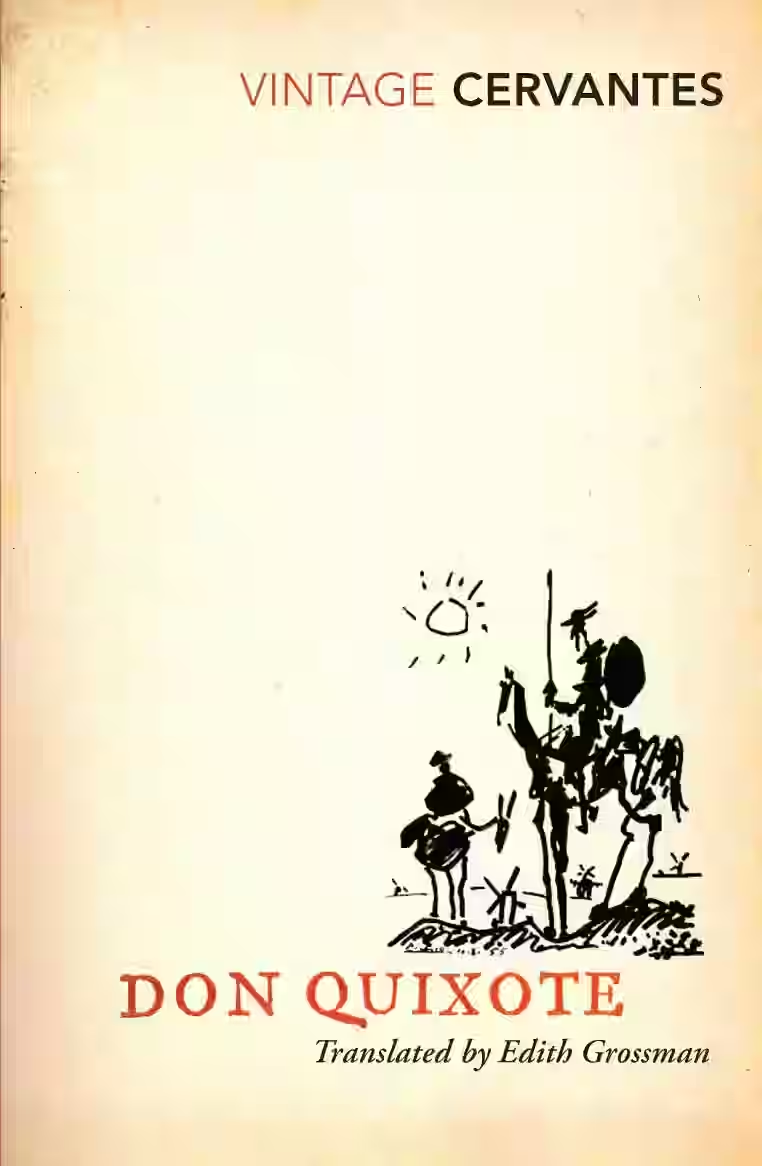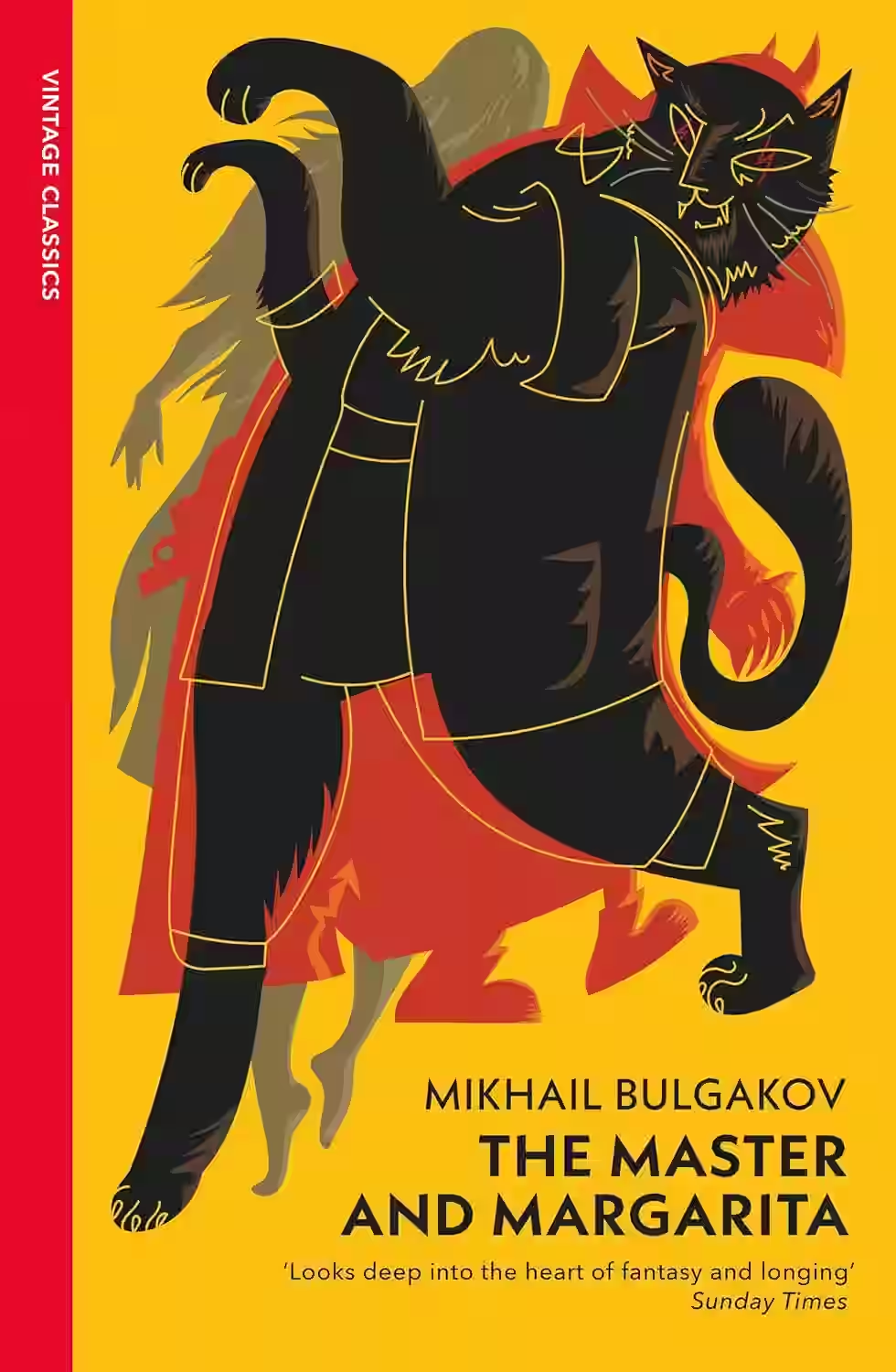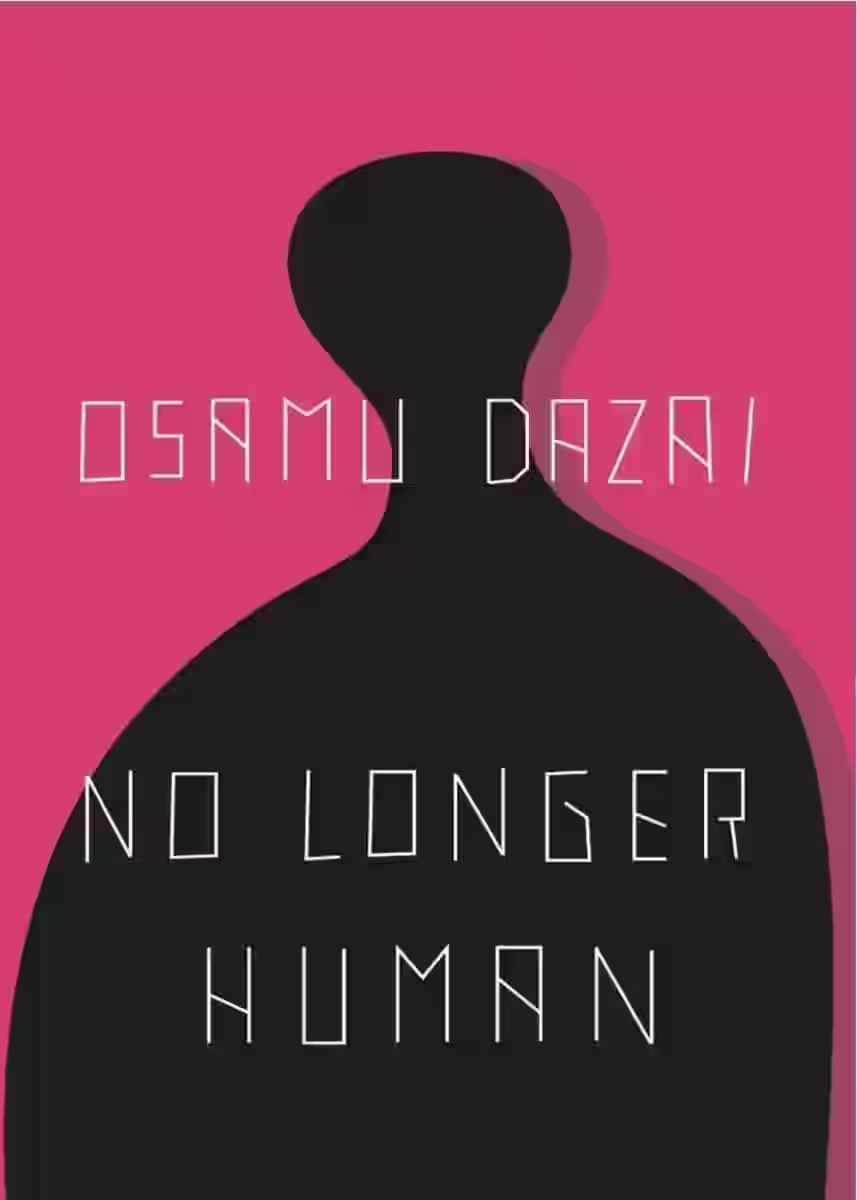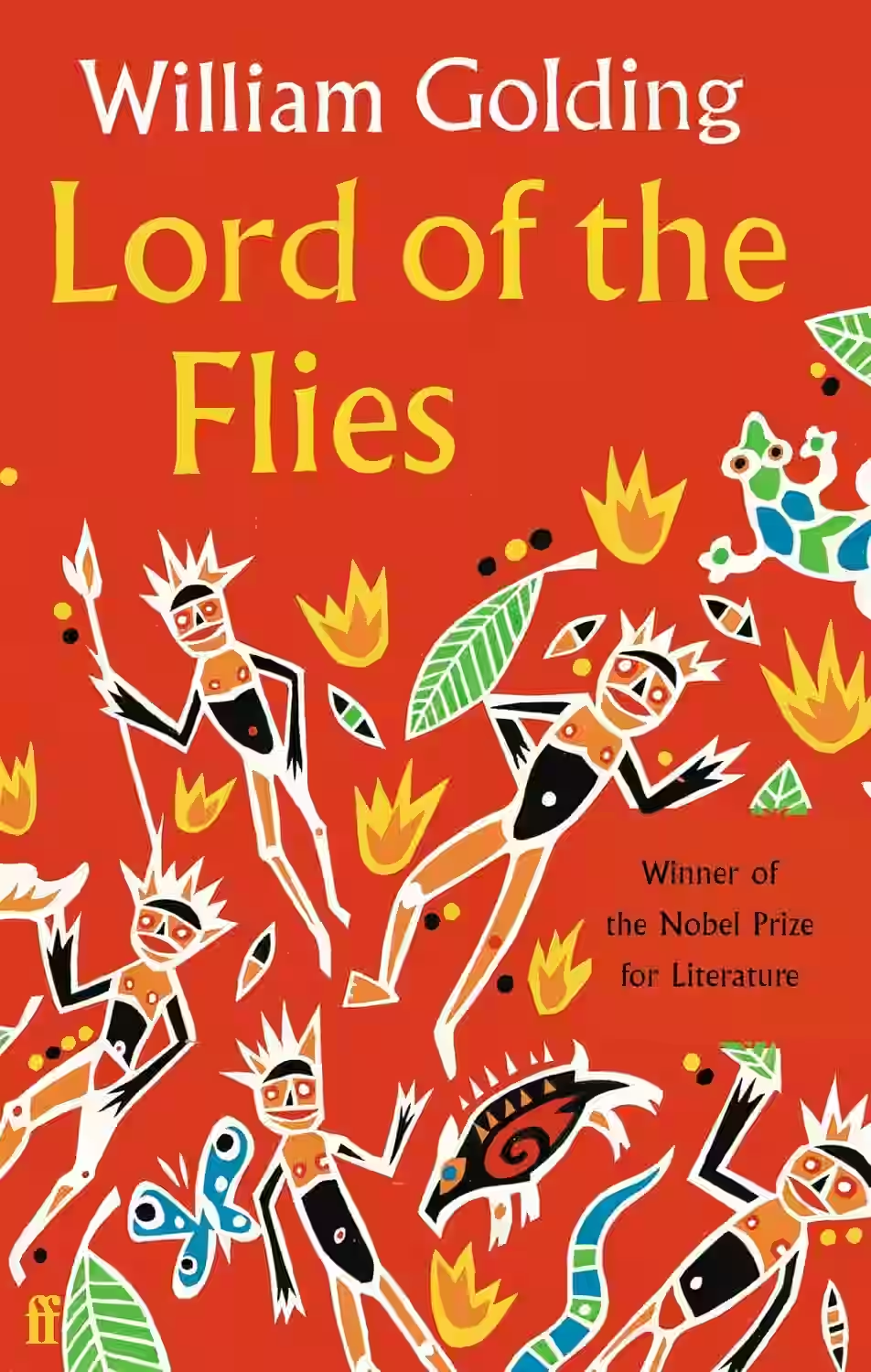
An aging Spanish nobleman, inspired by tales of chivalry, becomes the errant knight Don Quixote. Accompanied by his loyal squire Sancho Panza, he embarks on absurd and touching adventures, battling windmills and chasing idealistic dreams. Don Quixote is a rich, satirical masterpiece that examines reality versus illusion, the power of literature, and the enduring human desire to find meaning and purpose—even when the world calls it madness.
About Miguel de Cervantes
A Spanish novelist, playwright, and poet, widely regarded as the greatest writer in the Spanish language and one of the world's preeminent novelists. His masterpiece, Don Quixote, is considered the first modern novel and a foundational work of Western literature. Cervantes's work satirized chivalric romances while exploring themes of idealism, reality, and the human imagination, leaving an unparalleled legacy on the development of the novel.
Similar Books

The Call of the Wild
by Jack London
Jack London’s classic novella follows Buck, a domesticated dog stolen from his California home and sold into the brutal life of an Alaskan sled dog. As he confronts harsh conditions and primal instincts, Buck gradually reverts to his wild ancestry. The story is a powerful exploration of survival, instinct, and the tension between civilization and nature. Set during the Klondike Gold Rush, it combines adventure with philosophical reflection, offering insight into both animal behavior and human nature.

The Master and Margarita
The Master and Margarita is a bold, fantastical reimagining of the Faust and Pilate legends, and a cornerstone of modern Russian literature. Set in 1930s Soviet Moscow, the novel was too subversive to be published during Mikhail Bulgakov’s lifetime, appearing only in censored form decades later. One spring, the devil arrives in Moscow with a bizarre entourage, including a seductive witch and a giant, vodka-loving cat. As they upend a city that denies both God and Satan, they also offer redemption to the Master, a persecuted writer, and Margarita, his devoted lover. Brilliantly satirical and philosophical, it remains a timeless masterpiece.

No Longer Human
by Osamu Dazai
"No Longer Human" by Osamu Dazai is a profound exploration of alienation and identity, delving into the life of its protagonist, Ōba Yōzō. The novel takes the form of a confessional as Yōzō recounts his struggles with societal expectations and his own sense of worthlessness. Dazai's introspective style reveals Yōzō's descent into despair, providing a raw and unsettling portrait of a man who feels disconnected from the world. Themes of nihilism, mental illness, and the search for authenticity are intimately portrayed, making this work resonate deeply with readers who grapple with similar existential questions. "No Longer Human" is a poignant, haunting narrative that offers a mirror to the depths of human vulnerability and ultimately remains a timeless contribution to modern literature.

Lord of the Flies
Lord of the Flies by William Golding is a haunting allegorical novel about a group of British schoolboys stranded on a deserted island after a plane crash. Without adult supervision, their attempt to establish order quickly descends into savagery, revealing the thin veneer of civilization. The story follows Ralph, who tries to maintain order, and Jack, who embraces chaos and violence. As fear, power struggles, and primal instincts take over, the boys’ society collapses. Golding explores themes of human nature, morality, and the inherent darkness within mankind. First published in 1954, it remains a powerful critique of civilization and human behavior.